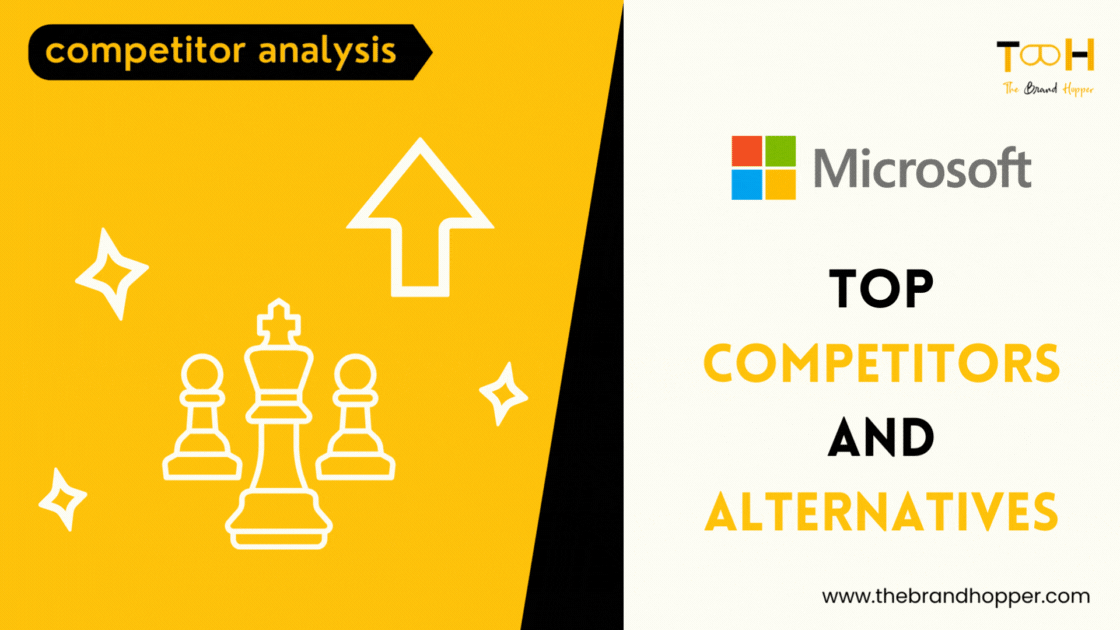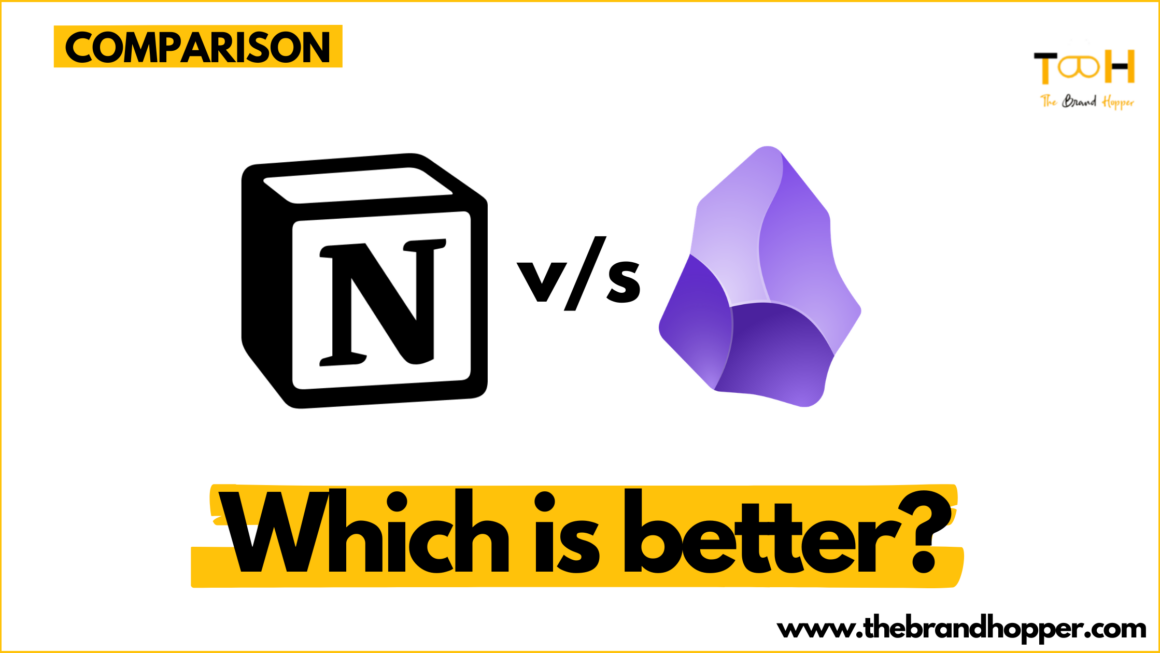Microsoft, a name synonymous with personal computers and ubiquitous software, has woven itself into the very fabric of our digital lives. Founded in 1975 by childhood friends Bill Gates and Paul Allen, Microsoft’s journey is a testament to innovation, strategic partnerships, and an unwavering focus on user experience. From humble beginnings as a developer of programming languages for early personal computers, Microsoft has evolved into a multinational technology powerhouse with a presence in nearly every facet of the digital world.
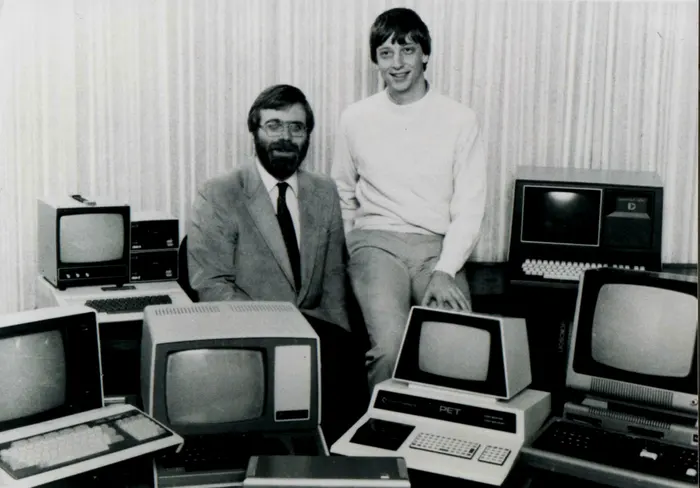
Microsoft’s rise to prominence is largely attributed to its dominance in the personal computer operating system market. Their MS-DOS operating system, launched in the early 1980s, provided a foundation for early personal computers and laid the groundwork for the revolutionary Windows operating system. Introduced in 1985, Windows, with its graphical user interface and intuitive design, ushered in a new era of user-friendliness for personal computers. Over the years, Microsoft has continuously refined Windows, adapting it to the ever-evolving needs of users and solidifying its position as the world’s leading desktop operating system.
Beyond operating systems, Microsoft is a pioneer in productivity software. The ubiquitous Microsoft Office suite, encompassing applications like Word, Excel, and PowerPoint, has become the gold standard for document creation, spreadsheet manipulation, and presentation development. Used by businesses, students, and individuals worldwide, Microsoft Office has become an indispensable tool for productivity and communication.
Microsoft’s reach extends far beyond desktops and laptops. The Xbox video game console series, a formidable competitor in the gaming industry, offers immersive entertainment experiences. The Microsoft Surface line of tablets and laptops seamlessly integrates cutting-edge hardware with the familiar Windows operating system, blurring the lines between traditional computing and mobile devices.
Furthermore, Microsoft Azure, the company’s cloud computing platform, provides a robust suite of cloud-based solutions for businesses and organizations. Azure offers storage, data management, and application development tools, empowering businesses to leverage the scalability and flexibility of the cloud.
Microsoft’s commitment to innovation extends beyond its core products. The company actively invests in research and development, exploring emerging technologies like artificial intelligence, virtual reality, and mixed reality. Microsoft’s vision for the future is one where technology seamlessly integrates with our lives, enhancing productivity, creativity, and communication.
Looking ahead, Microsoft remains a dominant force in the ever-evolving technological landscape. The company’s unwavering focus on user experience, combined with its commitment to innovation, positions it to play a leading role in shaping the future of technology.
Top Competitors and Alternatives of Microsoft
Microsoft, a tech titan, faces competition across various segments of its vast product range. Here’s a breakdown of some key competitors and alternatives:
1. Google (Alphabet Inc.)
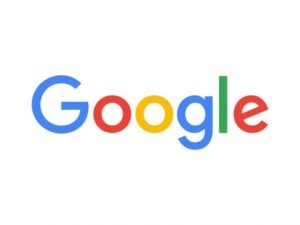
Website: https://www.google.com/
Google (under Alphabet Inc.) and Microsoft are tech giants locked in a fierce rivalry across multiple sectors. Both companies offer a wide range of products and services, but some key areas see them go head-to-head. Here, Google carves out a strong presence, especially in areas like web search, online advertising, and mobile operating systems.
Head-to-Head Competition:
- Operating Systems: Microsoft’s Windows dominates the desktop PC market, while Google’s Chrome OS is the leader in Chromebooks. They also compete in mobile operating systems with Android (Google) and Windows Phone (Microsoft), although Windows Phone has largely faded.
- Productivity Suites: Microsoft Office is the industry standard for office productivity software, but Google Docs and Sheets offer a free, cloud-based alternative that’s gaining traction.
- Cloud Computing: Both companies offer cloud storage and application suites (Microsoft 365 vs. Google Workspace) that compete for individual and business users.
- Web Browsers: Google Chrome holds the lion’s share of the web browser market, while Microsoft Edge is slowly gaining ground.
Beyond Core Products: Both tech giants are constantly innovating and expanding into new areas like artificial intelligence, cloud gaming, and self-driving cars, making them competitors across a broad spectrum of technologies.
| Product Category | Google (Alphabet) | Microsoft |
|---|---|---|
| Operating Systems | Android, Chrome OS | Windows, Windows Phone |
| Productivity Suites | Google Docs, Sheets | Microsoft Office |
| Cloud Computing | Google Workspace | Microsoft 365 |
| Web Browsers | Chrome | Edge |
| Other Areas of Competition | Artificial intelligence, cloud gaming, self-driving cars | Artificial intelligence, cloud gaming, gaming consoles |
2. Apple Inc.
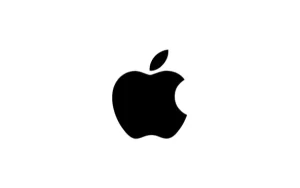
Website: https://www.apple.com/
Apple and Microsoft are pioneers in the tech industry, battling for dominance in several key areas. Here’s how they clash:
Direct Product Competition:
- Personal Computers: Apple’s Mac computers are a premium alternative to Microsoft Windows-powered PCs. While Windows holds the larger market share, Macs are known for their user-friendly design and tight integration with other Apple devices.
- Mobile Devices: Apple’s iPhones are the primary competitor to Microsoft’s Android-powered smartphones (through various manufacturers). iPhones offer a tightly controlled ecosystem with a focus on seamless software and hardware integration.
- Tablets: Apple’s iPads are the market leader in tablets, competing with Microsoft’s Surface tablets. Both cater to users who want a larger screen than a smartphone but more portability than a laptop.
Beyond Devices:
Microsoft offers productivity software suites like Microsoft Office that compete with Apple’s iWork suite (Pages, Numbers, Keynote). Both companies are also heavily invested in cloud services, gaming (Xbox vs. Apple Arcade), and digital content stores (Microsoft Store vs. App Store).
| Product Category | Apple | Microsoft |
|---|---|---|
| Personal Computers | Mac | Windows PCs |
| Mobile Devices | iPhone | Android phones |
| Tablets | iPad | Surface tablets |
| Productivity Software | iWork | Microsoft Office |
| Other Areas of Competition | Cloud services, gaming, digital content stores | Cloud services, gaming consoles (Xbox), digital content stores |
3. Amazon
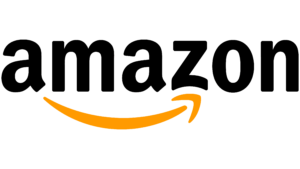
Website: https://www.amazon.com/
Amazon, the e-commerce giant, has become a surprising competitor to Microsoft on multiple fronts. Here’s a breakdown of their key clashes:
Cloud Computing: Amazon Web Services (AWS) is the world’s leading cloud computing platform, offering virtual servers, storage, databases, and a wide range of other services. Microsoft Azure is a strong competitor, vying for businesses and organizations looking to migrate their operations to the cloud.
Productivity Software: While Microsoft Office reigns supreme in traditional desktop software, Amazon offers a free, web-based alternative with Amazon WorkDocs, WorkMail, and WorkSpaces. These services cater to budget-conscious users and those who prefer a cloud-based solution.
Beyond Core Businesses: Both companies are constantly expanding. Microsoft has its own cloud gaming platform (xCloud) that competes with Amazon’s Luna. They also battle for dominance in the smart assistant market with Microsoft Cortana facing off against Amazon Alexa.
| Product Category | Amazon | Microsoft |
|---|---|---|
| Cloud Computing | Amazon Web Services (AWS) | Microsoft Azure |
| Productivity Software | Amazon WorkDocs, WorkMail, WorkSpaces | Microsoft Office |
| Other Areas of Competition | Cloud gaming (Luna), smart assistants (Alexa) | Cloud gaming (xCloud), smart assistants (Cortana) |
4. Oracle
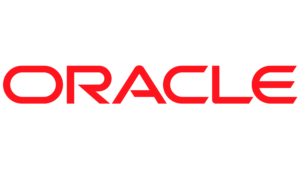
Website: https://www.oracle.com/
The tech landscape sees Oracle and Microsoft vying for dominance in enterprise software solutions. Here’s how they compete:
Head-to-Head Battles:
- Databases: Oracle Database is a high-performance, industry-standard solution for large-scale data management. However, Microsoft SQL Server offers a strong, cost-effective alternative, especially for businesses on the Windows platform.
- Enterprise Applications: Oracle offers a wide range of enterprise applications for business functions like customer relationship management (CRM) and enterprise resource planning (ERP). These compete directly with Microsoft Dynamics 365, a suite of business applications that integrate seamlessly with other Microsoft products.
Beyond Core Products: Both companies are cloud-focused, with Oracle Cloud Infrastructure going head-to-head with Microsoft Azure for providing cloud computing services to businesses. They also offer data analytics tools and collaborate on some projects, showcasing a complex competitive dynamic.
| Product Category | Oracle | Microsoft |
|---|---|---|
| Databases | Oracle Database | Microsoft SQL Server |
| Enterprise Applications | Oracle CRM, ERP | Microsoft Dynamics 365 |
| Other Areas of Competition | Cloud computing (Oracle Cloud Infrastructure), data analytics | Cloud computing (Microsoft Azure), data analytics |
5. Salesforce
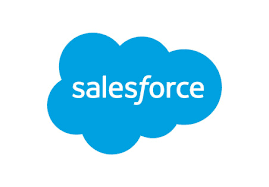
Website: https://www.salesforce.org/
Salesforce is a major competitor for Microsoft in the realm of customer relationship management (CRM) software. Here’s a closer look at their rivalry:
CRM Showdown:
- Salesforce is the world’s leading provider of cloud-based CRM software, offering a comprehensive suite for managing customer interactions, sales pipelines, and marketing campaigns. Microsoft Dynamics 365 is a powerful competitor, boasting strong integration with other Microsoft products and features for customer service and field service management.
- Focus and Flexibility: While Salesforce is known for its robust CRM functionalities and vast app ecosystem, Microsoft Dynamics 365 offers a broader range of business applications beyond CRM. However, Salesforce prides itself on its user-friendly interface and extensive customization options.
Beyond CRM: Both companies are expanding their horizons. Salesforce offers cloud-based enterprise applications like marketing automation and analytics, competing with similar services within Microsoft Dynamics 365. They’re also increasingly delving into areas like artificial intelligence to enhance their customer management capabilities.
| Product Category | Salesforce | Microsoft |
|---|---|---|
| Core Focus | Cloud-based CRM | CRM within broader business application suite |
| Strengths | Robust CRM functionalities, app ecosystem, user-friendliness | Integration with Microsoft products, broader business applications |
| Other Areas of Competition | Marketing automation, analytics (via acquisitions) | Marketing automation, analytics (within Dynamics 365) |
6. IBM
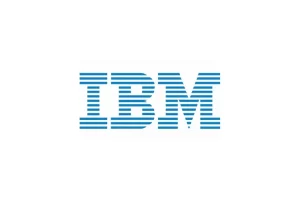
Website: https://www.ibm.com/
While IBM and Microsoft collaborate in some areas, they remain competitors across a range of enterprise technology solutions. Here’s a breakdown of their key battlegrounds:
Enterprise Software and Services:
- Focus and Strength: IBM excels in large-scale, mission-critical applications for sectors like finance, healthcare, and supply chain management. They offer solutions like WebSphere for application development and IBM Cloud for enterprise cloud services. Microsoft competes with its Microsoft Dynamics 365 suite, Azure cloud platform, and a focus on seamless integration across its product range.
- Consulting and Support: IBM is a leader in IT consulting services, helping businesses design, implement, and manage complex technology solutions. Microsoft Consulting Services offer a strong alternative, with expertise in Microsoft products and cloud solutions.
Beyond Core Offerings: Both companies are innovating in artificial intelligence (AI) and quantum computing. IBM has a strong research focus and established AI solutions like Watson. Microsoft is heavily invested in AI development and integration within its Azure cloud platform.
| Product Category | IBM | Microsoft |
|---|---|---|
| Core Focus | Mission-critical enterprise applications, consulting | Business applications (including CRM), cloud platform (Azure), consulting |
| Strengths | Expertise in specific industries, AI research (Watson) | Product integration, cloud services |
| Other Areas of Competition | Artificial intelligence, quantum computing | Artificial intelligence, quantum computing |
7. Open Source Alternatives

OSS projects indirectly compete with Microsoft by offering free, open-source alternatives to popular Microsoft products. Here’s how this competition plays out:
Software Alternatives:
- Wide Range of Options: Open source offers a vast array of alternatives to Microsoft products. LibreOffice and Apache OpenOffice compete with Microsoft Office. Linux distributions like Ubuntu are free alternatives to Windows for desktops and servers. Web browsers like Firefox challenge Microsoft Edge. These options often come with lower costs and the freedom to modify the software for specific needs.
- Trade-offs Exist: While OSS offers significant cost savings and customization options, it may come with drawbacks. Microsoft products often have a more polished user experience, better technical support, and greater compatibility with other Microsoft software.
Beyond Individual Products: The open-source philosophy of openness and collaboration stands in contrast to Microsoft’s traditional focus on proprietary software. This difference fosters a competition of ideas and development approaches that can ultimately benefit users with a wider range of software choices.
| Category | Open Source Alternatives | Microsoft |
|---|---|---|
| Examples | LibreOffice, Apache OpenOffice (Productivity), Ubuntu (OS), Firefox (Browser) | Microsoft Office, Windows, Edge |
| Advantages | Free, customizable | User-friendly, well-supported, integrated ecosystem |
Also Read: Top 9 Competitors and Alternatives of IBM
To read more content like this, subscribe to our newsletter

